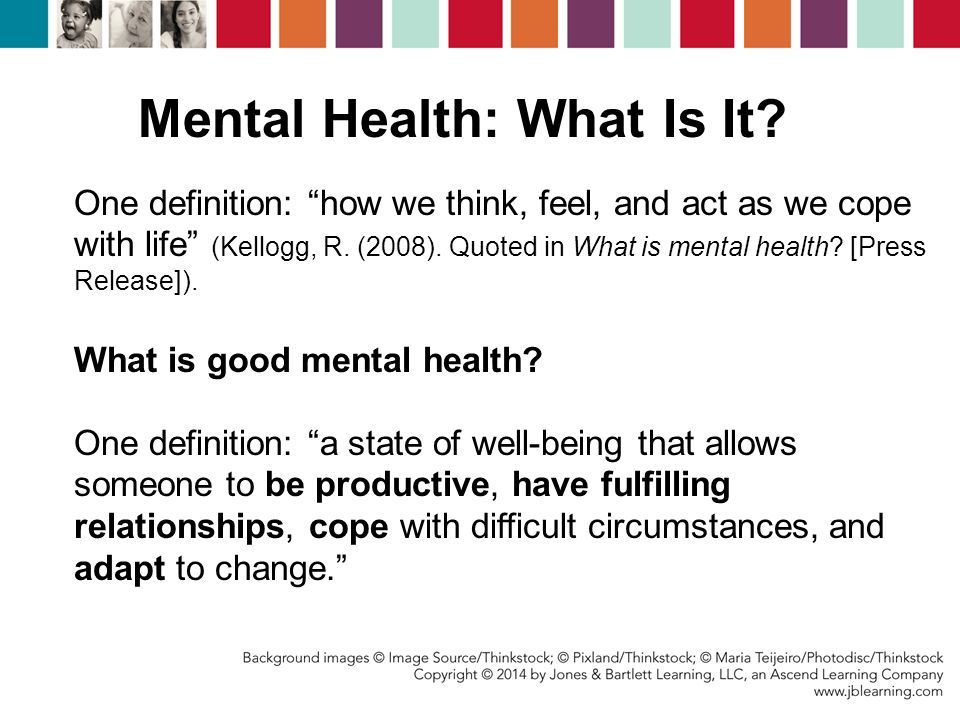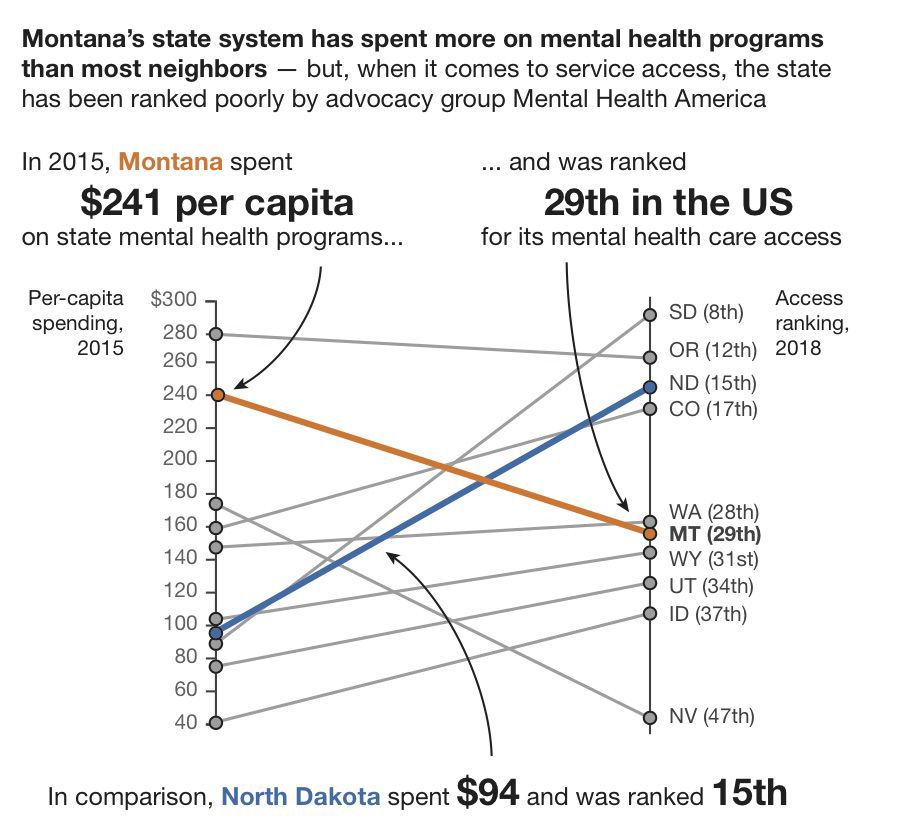Table of ContentsAccording To Who, What Is Not Fundamental To Addressing Mental Health Disorders? Can Be Fun For AnyoneEverything about How Long Are Mental Health Records KeptRumored Buzz on How Much Does Mental Health Counselors Make

You can ask your doctor about this. There may be an expert psychological health service that specifically deals with your condition. But it may be under an NHS trust not moneyed by your CCG. You would require to see your GP and they would need to assist you to use to your local CCG for financing. The BC Partners are made up of the following seven psychological health and substance utilize organizations in BC. They use information, resources and connection to neighborhood resources throughout the province. Visit www.anxietybc.com or call 604-525-7566 - what is.axis 1 mental health diagnosis. See www.bcss.org or call 1-888-888-0029 (toll-free in BC) or 604-270-7841 (in Greater Vancouver). Check out www.cmha.bc.ca or call 1-800-555-8222 (toll-free in BC) or 604-688-3234 (in Greater Vancouver). Go to www.carbc.ca (for referrals, get in touch with the Alcohol and Drug Referral Service at 1-800-663-1441 (toll-free in BC) or 604-660-9382 (in Greater Vancouver). Check out www.forcesociety.com or call 604-878-3400 (in Greater Vancouver). Check out www.familyservices.bc.ca or call 1-888-988-5281 (toll-free in BC) or 604-988-5281 ext 204 (in Greater Vancouver).
Visit www.mdabc.net or call 604-873-0103. Support system are an important way to discover support and info. They might help you feel less alone and more linked, even if you have not told lots of others about your diagnosis. You can discover support groups in your neighborhood through mental health organizations in your neighborhood, like those listed above.

For more on choosing the ideal support system for you, see the info sheet, "Choosing the Support Group that's Right for You" at www.heretohelp.bc.ca. This the first module in a three-part series. The other two modules are Working with your Doctor for Psychological health problems and Preventing Regression of Mental disorders.
Mental health refers to your emotional and mental well-being. Having great psychological health assists you lead a relatively pleased and healthy life. It helps you demonstrate resilience and the capability to cope in the face of life's misfortunes. Your mental health can be influenced by a range of factors, consisting of life occasions or perhaps your genes.
See This Report about When Did Mental Health Awareness Begin
These can include: keeping a favorable attitudestaying physically activehelping other peoplegetting enough sleepeating a healthy dietasking for professional aid with your psychological health if you require itsocializing with people whom you delight in hanging out withforming and using effective coping abilities to handle your problemsA mental disease is a broad term which encompasses a variety of conditions which impact the way you feel and believe. how many symptoms does it take in mental health to give a diagnosis?.
Psychological illnesses can be affected by numerous various aspects, including: geneticsenvironmentdaily habitsbiologyMental health concerns prevail in the United States. About one in five American adults experience a minimum of one mental health problem each year. And around one in five young people ages 13 to 18 experience a psychological health problem eventually in their lives, too.
About one in 25 adults experience a severe mental disorder (SMI) each year. A SMI can considerably minimize your capability to bring out daily life. Various groups of individuals experience SMIs at different rates. According to the National Institute of Mental Health, females are most likely to experience SMI than males.
Individuals with a mixed-race background are also more likely to experience an SMI than people of other ethnic cultures. The Diagnostic and Statistical Handbook of Mental Illness, 5th Edition (DSM-5) assists psychological health experts identify psychological diseases. There are many types of mental health conditions. In truth, nearly 300 various conditions are listed in DSM-5. These are some of the most common mental disorders impacting people in the United States:Bipolar disorder is a chronic mental disease that impacts about 2.6 percent of Americans each year.
Indicators on What Is A Mental Health Clinician You Should Know
These can impact an individual's energy level and ability to believe reasonably. Mood swings triggered by bipolar illness are much more serious than the little ups and downs many people experience on a day-to-day basis.Persistent depressive disorder is a persistent kind of depression. It is also called dysthymia. While dysthymic anxiety isn't intense, it can hinder every day life.
About 1.5 percent of American adults experience dysthymia each year.Generalized anxiety condition( GAD )surpasses routine everyday anxiety, like being nervous before a presentation. It causes a person to end up being exceptionally concerned about numerous things, even when there's little or no factor to stress. Those with GAD may feel extremely nervous about making it through the day. Sometimes worrying can keep people with GAD from achieving everyday jobs and tasks. GAD impacts about 3 percent of Americans every year.Major depressive condition( MDD )triggers sensations of extreme unhappiness or despondence that lasts for a minimum of two weeks. This condition is also called also called clinical anxiety. Individuals with MDD might end up being so upset about their lives that they think about or attempt to dedicate suicide. These ideas happen with unnecessary and unreasonable desires to perform specific habits, or compulsions. Many individuals with OCD realize that their ideas and actions are unreasonable, yet they can not stop them. More than 2 percent of Americans are detected with OCD at some point in their lifetime.Post-traumatic tension disorder (PTSD) is a mental disorder that's set off after experiencing or seeing a traumatic event. Symptoms of PTSD may consist of flashbacks or being easily surprised. It's estimated that 3.5 percent of American adults experience PTSD.Schizophrenia impairs a person's understanding of reality and the world around them. It disrupts their connection to other individuals . It's a severe condition that needs treatment.They may experience hallucinations, have deceptions, and hear voices. It's approximated that 1 percent of the American population experiences schizophrenia.Social anxiety condition, often called social phobia, triggers a severe fear of social circumstances.
People with social stress and anxiety might become really nervous about being around other individuals.They might seem like they're http://innink6f24.booklikes.com/post/3179163/what-does-how-dramatic-changes-affect-mental-health-do being judged. This can make it tough to meet brand-new individuals and go to social gatherings. The signs of many mental disorders might become worse if they're left unattended. Connect for psychological help if you or somebody you understand may have a psychological illness (how to write a diagnosis letter for mental health). If you're uncertain where to begin, visit your.
medical care medical professional. They can assist with the preliminary medical diagnosis and supply a referral to a psychiatrist.